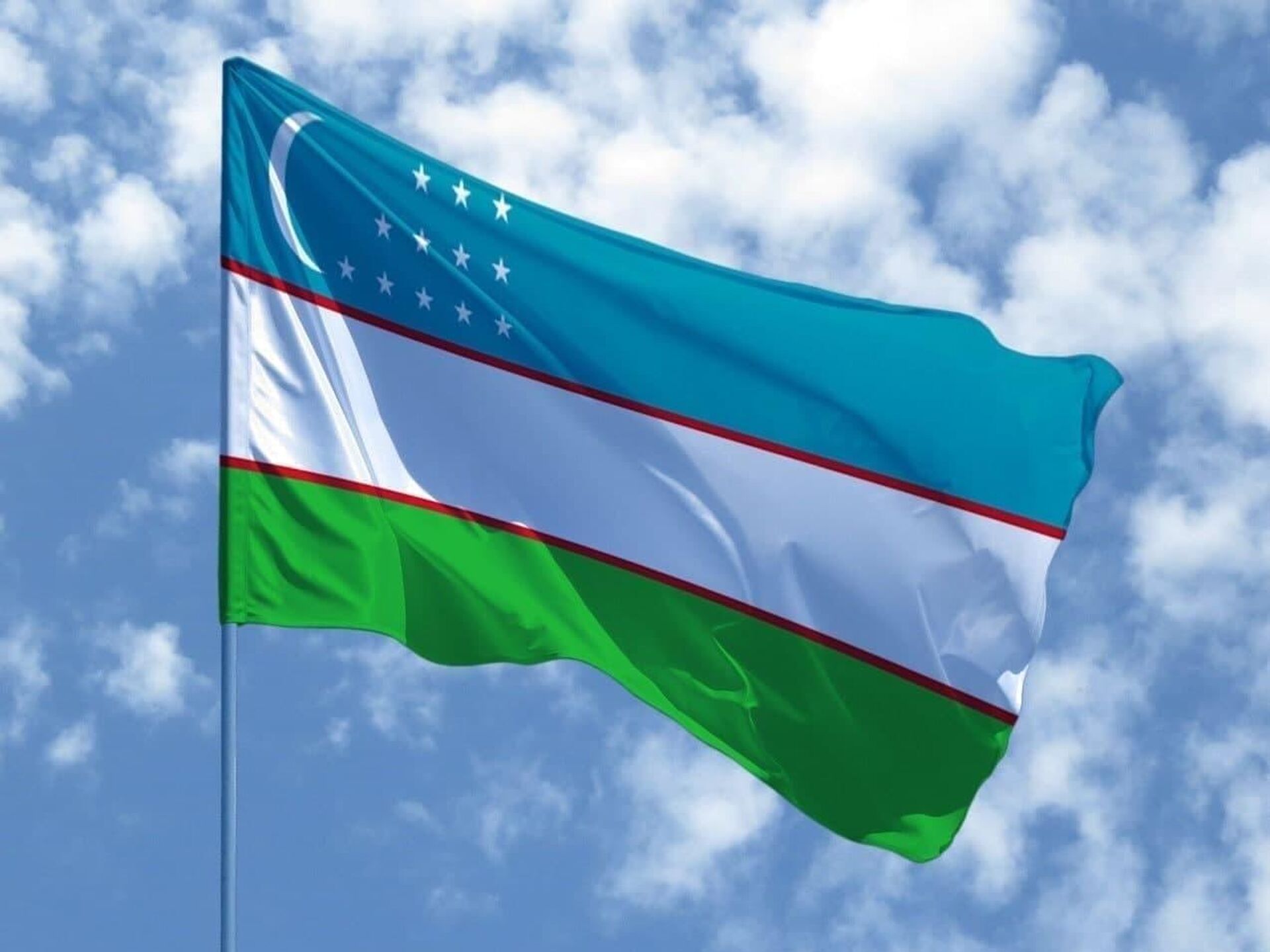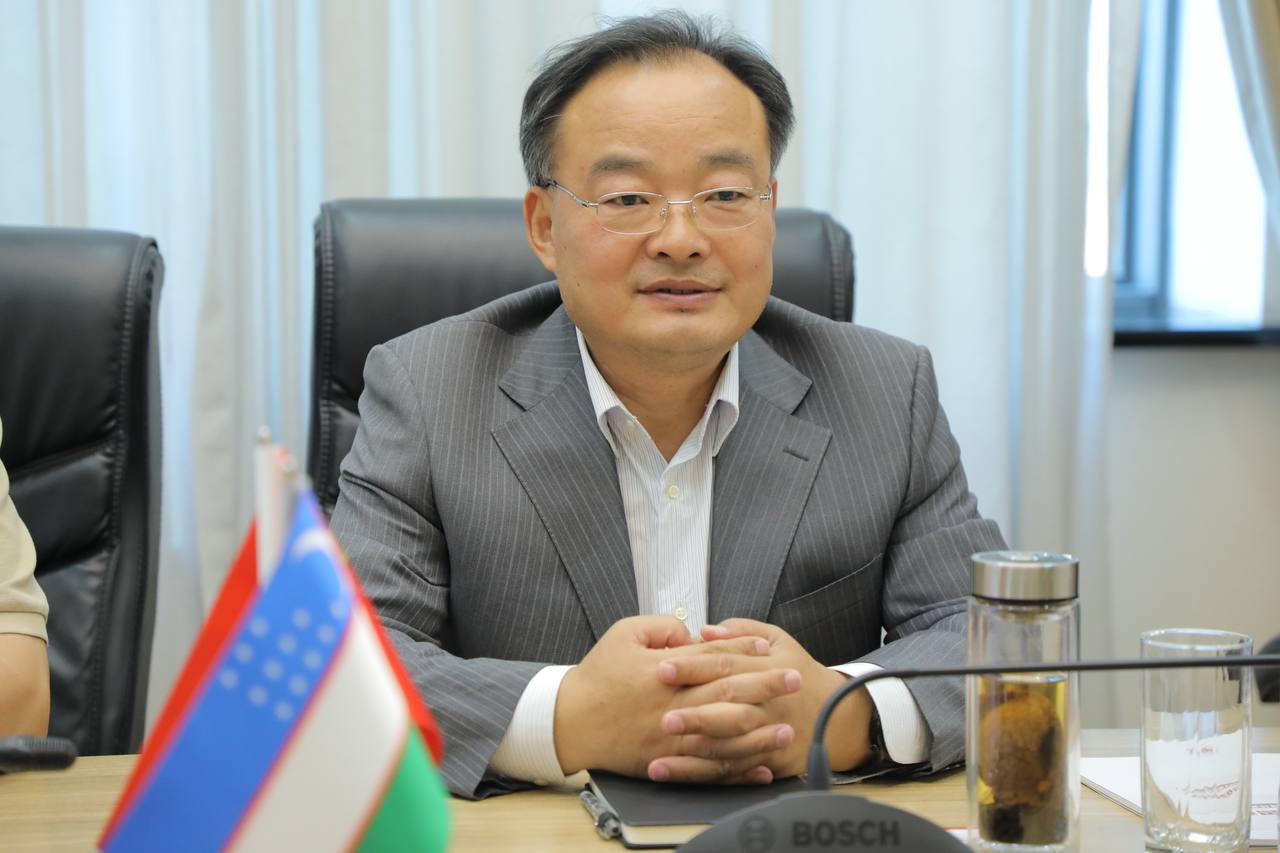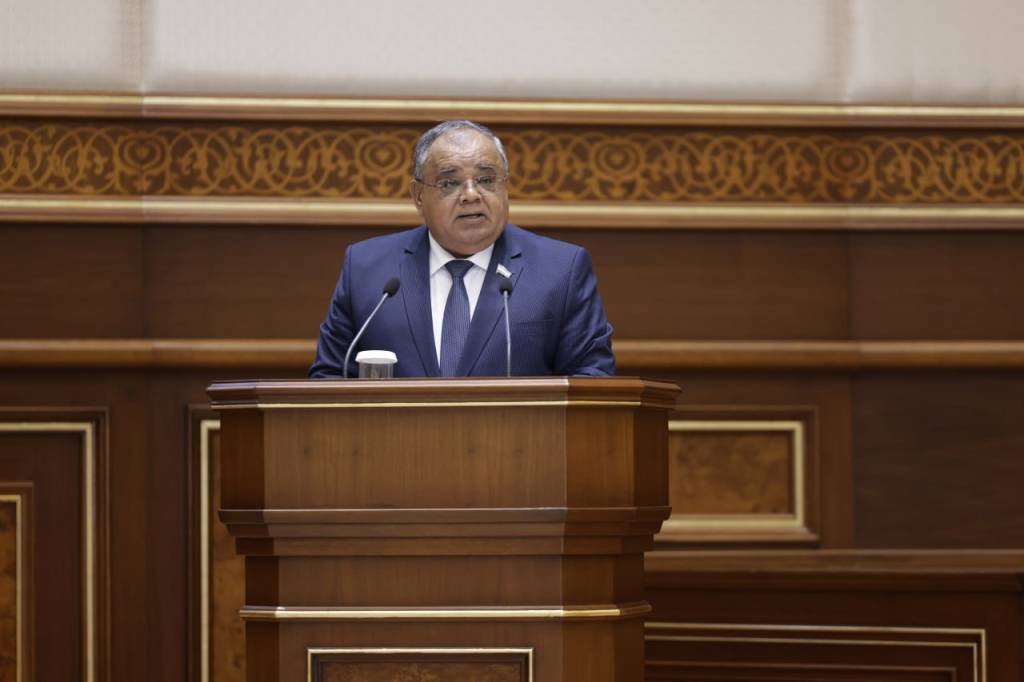The next round of political consultations between the Ministries of Foreign Affairs of Uzbekistan and Azerbaijan was held in Baku on June 30, 2025. The meeting was held at the level of deputy foreign ministers: the delegation of Uzbekistan was headed by Bobur Usmanov, the Azerbaijani side was represented by Samir Sharifov.
During the talks, a wide range of issues was discussed, covering key areas of bilateral cooperation — from political coordination to economic cooperation and cultural and humanitarian initiatives. The participants stressed the importance of maintaining a sustainable political dialogue, especially in the context of deepening strategic partnership between countries against the backdrop of changes in the regional security and economic development architecture.
The parties paid special attention to mechanisms for strengthening the legal framework, which serves as a foundation for the implementation of joint projects. They discussed concrete steps to boost interstate visits, including the preparation of programs for exchanges of delegations at various levels. The initiatives are aimed at further convergence of the two countries ' political courses, development of trade routes and promotion of joint initiatives within the framework of multilateral formats.
Special emphasis was placed on expanding economic cooperation, including transport and logistics cooperation and investment cooperation. Promising areas are the agro-industrial sector, energy, digital transformation and exchange of educational programs.
During the visit, the Uzbek delegation was received by Azerbaijani Foreign Minister Jeyhun Bayramov. During the meeting, they confirmed the common priorities of foreign policy strategies based on the principles of mutual respect, territorial integrity and non-admission of external pressure. International and regional issues of mutual interest were also discussed, including initiatives on sustainable development and sustainability of global logistics chains.
Regular political consultations between the two countries are seen as an important element of systemic diplomacy aimed at creating a stable and predictable environment in Central Eurasia.











